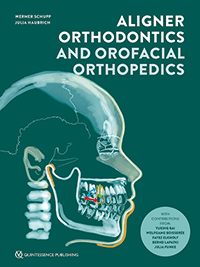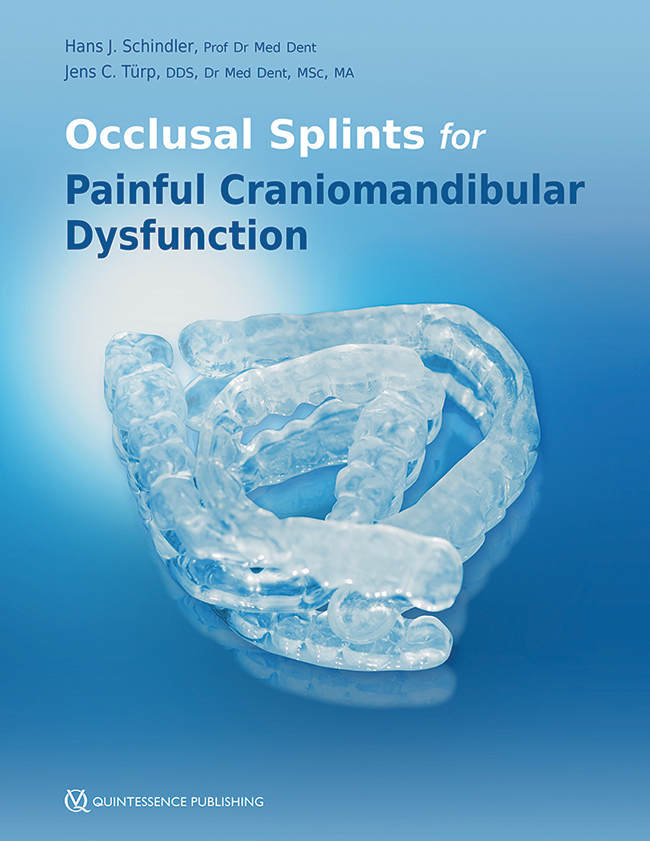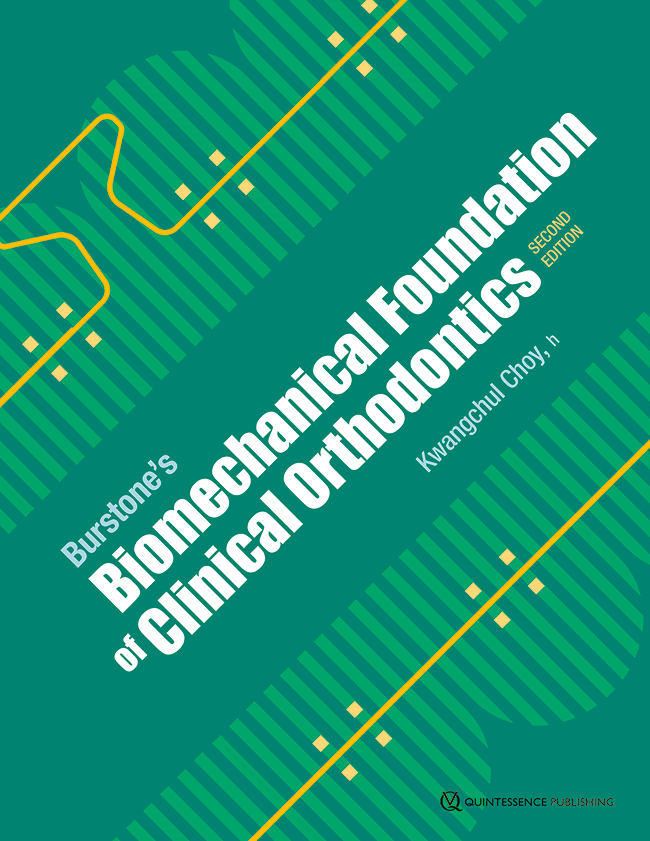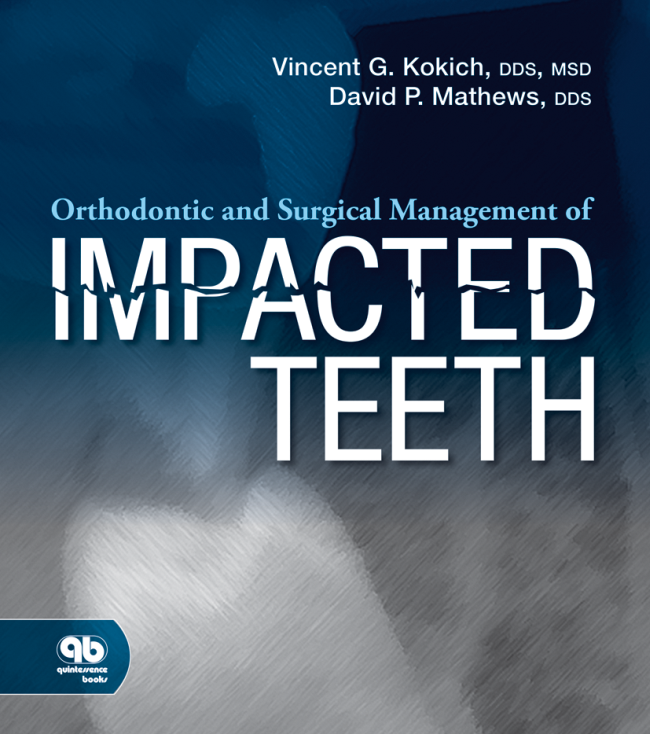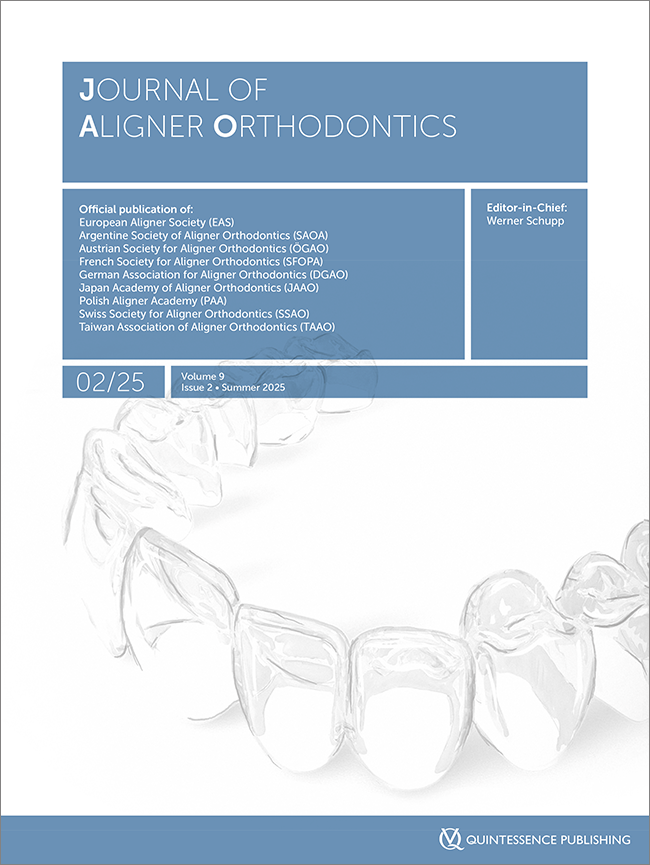Aligner Orthodontics and Orofacial Orthopedics
2nd Edition 2023
Book
Hardcover; 21 x 28 cm, 672 pages, 3500 illustrations
Language: English
Category: Orthodontics
Stock No.: BG159
ISBN 978-1-78698-106-6
QP Deutschland
This title is also available as eBook. Please check your favorite online eBook outlet on your device (Apple iBooks, Amazon Kindle, Tolino, and many more).
This book presents useful tips and strategies on how to integrate aligner orthodontics successfully into clinical practice, whether outsourced or with in-office aligner treatment. This second edition sees the authors review the diagnostic protocols and the biomechanics of aligners before presenting aligner orthodontics protocols. Supported by accompanying case documentation, the discussion of each malocclusion includes information on the associated symptoms, the rationale behind the selected treatment approaches, and the various outcomes achieved. The separation into sections on each malocclusion helps patients and clinicians in deciding whether this system can provide optimal treatment outcomes for a particular clinical situation. This is a practical manual for any clinician interested in the treatment modality of aligner orthodontics.
Contents
Chapter 1. Physiology and functional neuroanatomy of the temporomandibular system and musculoskeletal system
Chapter 2. Biomechanical aspects of tooth movement with aligners
Chapter 3. Diagnostics
Chapter 4. Treatment planning and treatment with aligners
Chapter 5. Treatment of different malocclusions with different aligner systems
Chapter 6. Advantages of aligner orthodontics
Chapter 7. Avoid global warming and plastic waste
With contributions from:
Yuxing Bai • Wolfgang Boisserée • Fayez Elkholy • Bernd Lapatki • Julia Funke
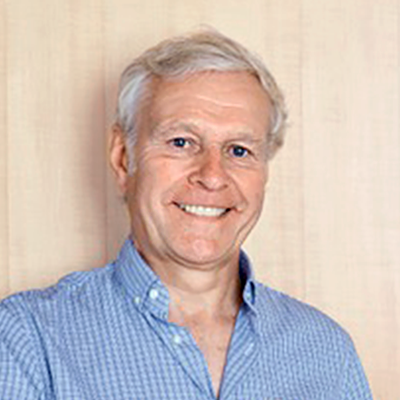
Dr. Werner Schupp
Germany, AdenauDr. Schupp graduated in dentistry in 1985 from the University of Münster and continued his studies here as a postgraduate student of orthodontics under the direction of Prof. Dr. U Ehmer. Collaboration in the orthodontic private practice of Dr. DE Toll followed and since 1990, he has been in private practice as an orthodontics specialist in Cologne, Germany. In his office, over 6000 patients have been treated with aligner orthodontics. He is certified in Manual Medicine and Osteopathy for Orthodontics. Dr. Schupp is a founding member and past president of the German Board of Orthodontics and Orofacial Orthopedics, and a board member of the German Society of Aligner Orthodontics (DGAO). He is also founder and editor-in-chief of the Journal of Aligner Orthodontics (JAO) and an advisory board member for the periodical Manuelle Medizin. He has published various articles concerning orthodontics, function, and pain therapy. He has written the books Funktionslehre in der Kieferorthopädie and Kraniomandibuläres und Muskuloskelletales System, as well as the first edition of Aligner Orthodontics, published in 2016 (Quintessence Publishing) and translated in several languages. Dr. Schupp is also visiting professor at the Capital University, Beijing, China.

Dr. Julia Haubrich
Germany, KölnDr. Haubrich studied dentistry at the University of Freiburg (Albert Ludwigs Universität), graduating in 2001. After working as a general dentist, she began her postgraduate studies in orthodontics in the private practice of Dr. Werner Schupp from 2003 to 2005, continuing her studies at the University of Berlin (Charité Universität) under the direction of Prof. Dr. RR Miethke. Since becoming a certified specialist of orthodontics in 2007, she has been collaborating with Dr. Werner Schupp and Dr. Julia Funke in a private practice in Cologne, Germany. She is co-author of the book Funktionslehre in der Kieferorthopädie (2012), and has published several articles concerning orthodontic aligner therapy in children, function, and pain therapy published in national and international journals. She is associate editor of the Journal of Aligner Orthodontics (JAO) and lecturer for the University of Vienna, Austria. Dr. Haubrich has been a clinical speaker for Align Technology since 2005, and is a board member and Conference President of the German Society of Aligner Orthodontics (Deutsche Gesellschaft für Aligner Orthodontie, DGAO).




